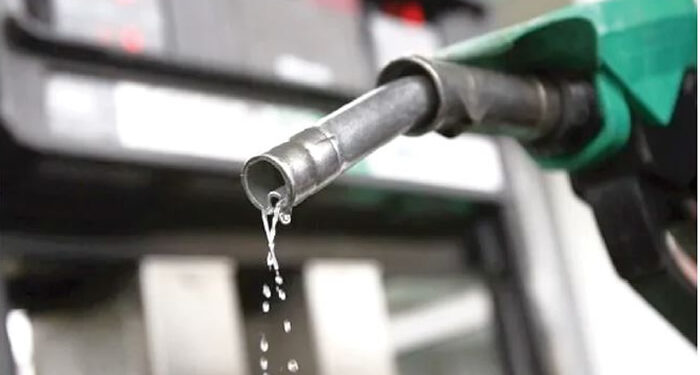The Independent Petroleum Marketers Association of Nigeria (IPMAN) has called for a reduction in petrol prices, highlighting the need for the Dangote Refinery to lower its ex-depot rate from ₦970 per liter to reflect the drop in landing costs, now estimated at ₦900.28 per liter.
The demand follows the Federal Executive Council’s approval of a proposal by President Bola Tinubu to sell crude oil to local refineries in naira. This initiative aims to enhance local refining capacity and reduce dependence on imported fuel.
Under the arrangement, the Nigerian National Petroleum Company Limited (NNPCL) was tasked with supplying 385,000 barrels of crude oil daily to the Dangote Refinery, equivalent to over 11.5 million barrels monthly. Despite this, Dangote officials have indicated that the supply is far below the agreed target, with the refinery resorting to imported crude to sustain operations.
Dangote Industries Limited Vice President Devakumar Edwin recently revealed that crude deliveries from the NNPCL have been insufficient to meet the refinery’s minimum requirement of 385,000 barrels per day. He noted that the facility, which requires 650,000 barrels daily, has had to import crude from other sources to maintain production and begin exports to West Africa.
IPMAN’s National Publicity Officer, Chinedu Ukadike, commended the deregulation of the petroleum sector, citing improved availability and healthy competition. However, he emphasized that a reduction in Dangote’s prices would foster further affordability for Nigerians, especially during the festive season.
“The naira-for-crude initiative has helped stabilize fuel availability, eliminating scarcity, but pricing remains a concern,” Ukadike said. He also acknowledged the impact of the fluctuating naira exchange rate on refining costs.
Meanwhile, other stakeholders have expressed dissatisfaction with the implementation of the naira-for-crude deal. Civil society groups and petroleum retail associations argue that the initiative has yet to translate into tangible benefits for Nigerians.
The National President of the Coalition Against Corrupt Leaders, Debo Adeniran, attributed high petrol prices to interference from international oil cartels and domestic regulatory burdens. Similarly, Auwal Rafsanjani, Executive Director of the Civil Society Legislative Advocacy Centre, criticized the government for failing to leverage local refining to reduce costs.
“Citizens should benefit from the operation of local refineries. The government must prioritize affordability, especially for essential resources like petroleum products,” Rafsanjani said.
As discussions around the naira-for-crude initiative continue, industry players and stakeholders are urging the Federal Government to address inefficiencies and ensure that the benefits of local refining are passed on to the people.
























